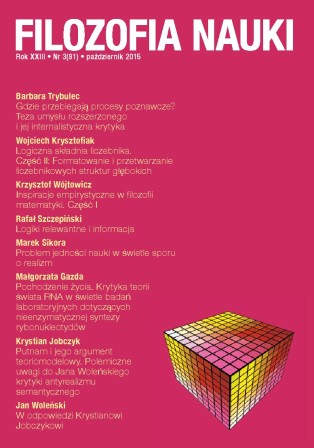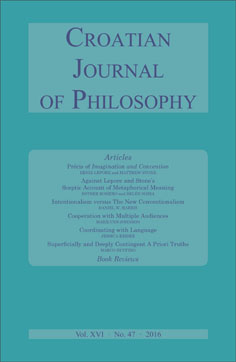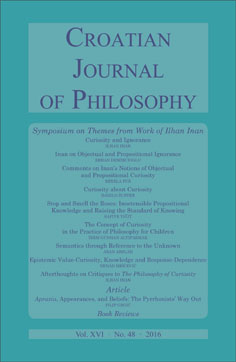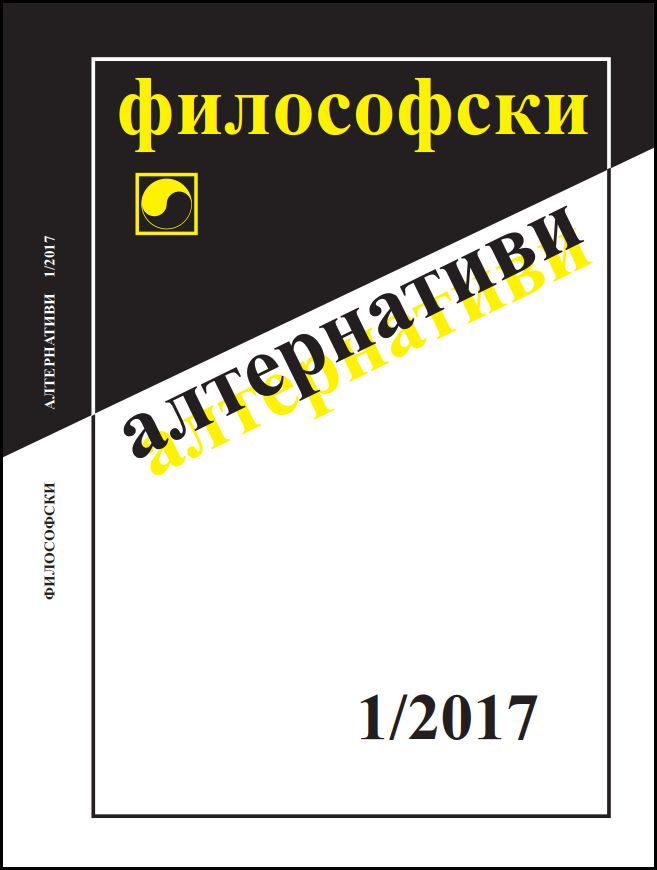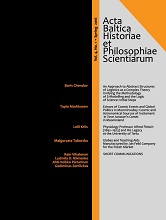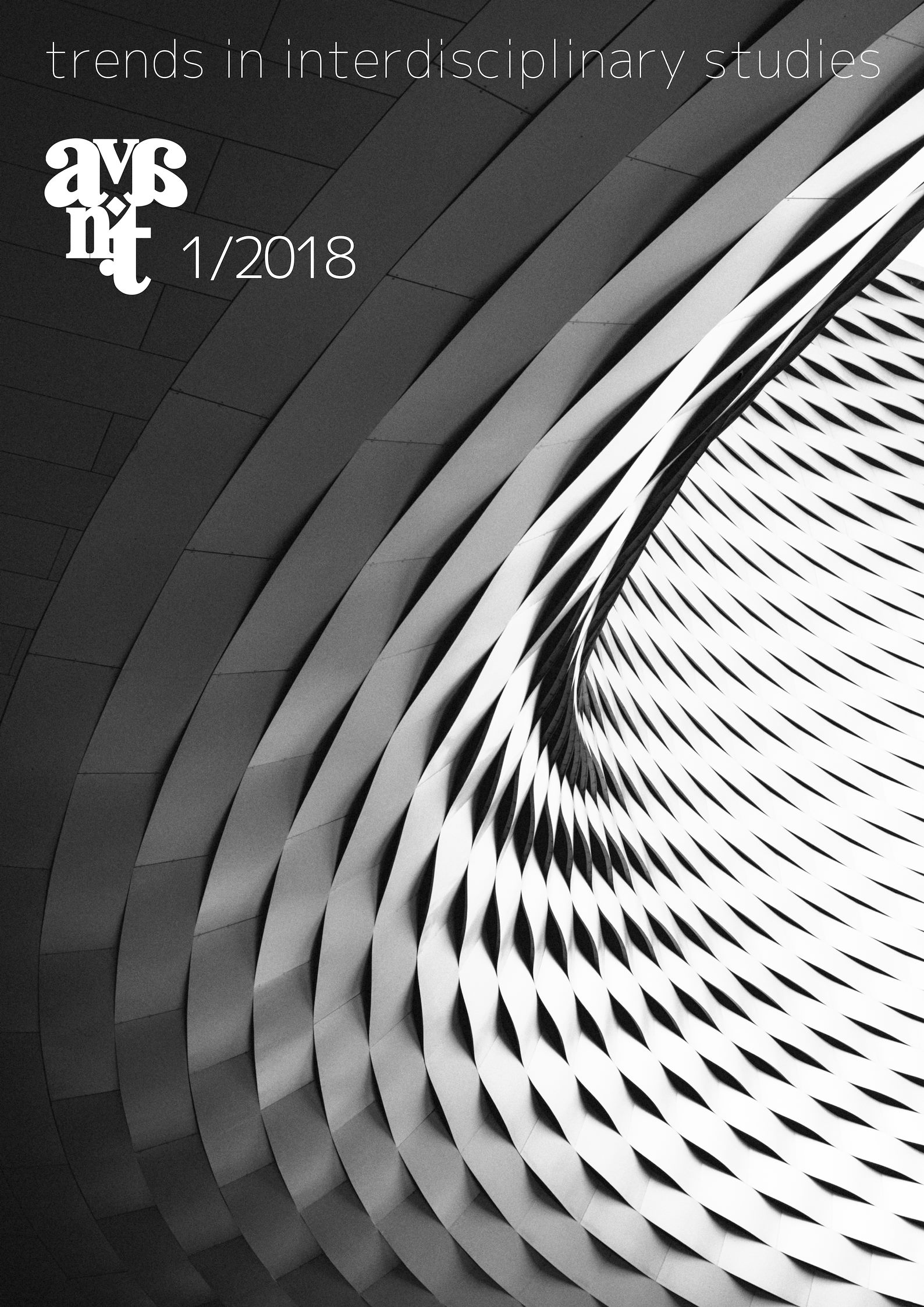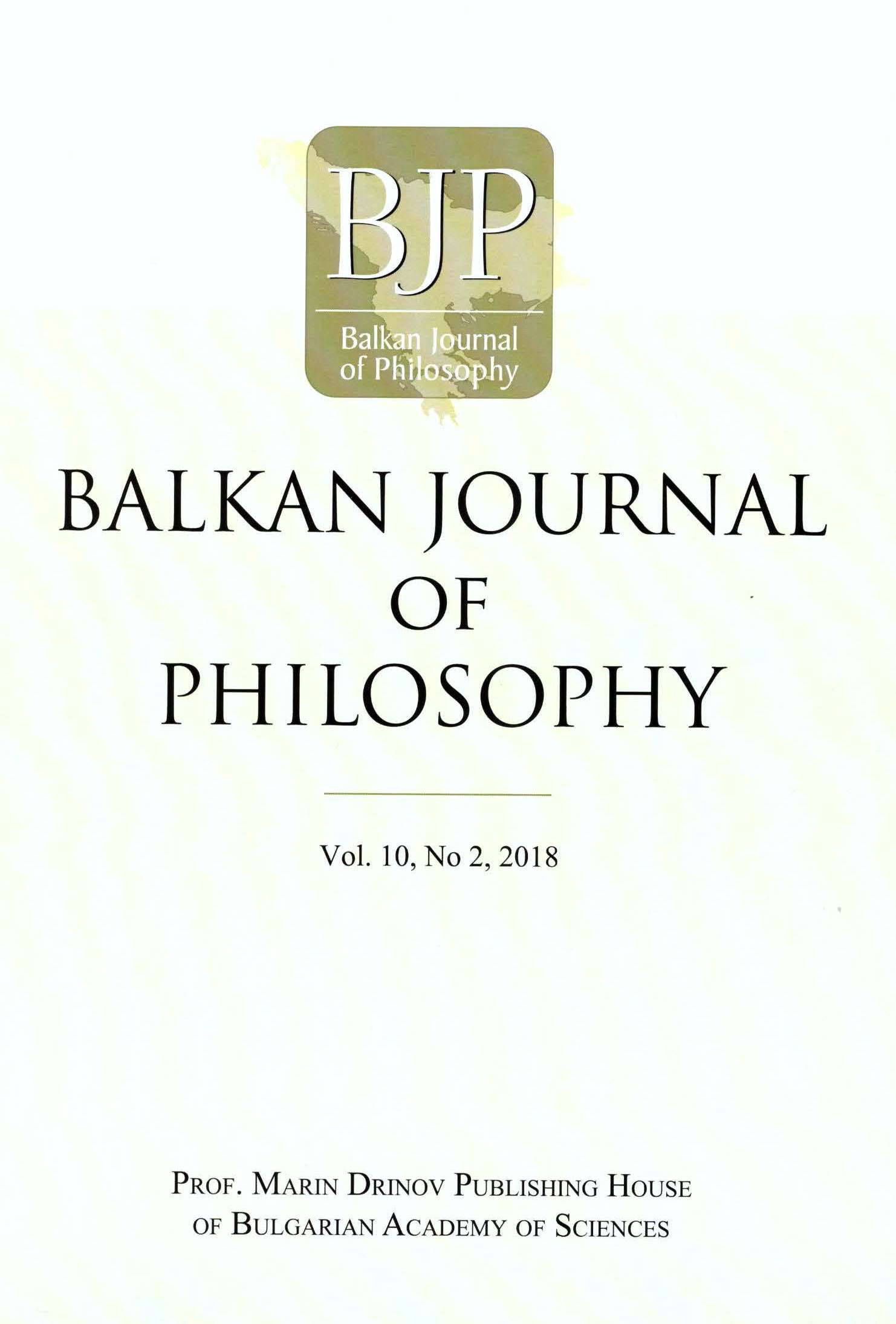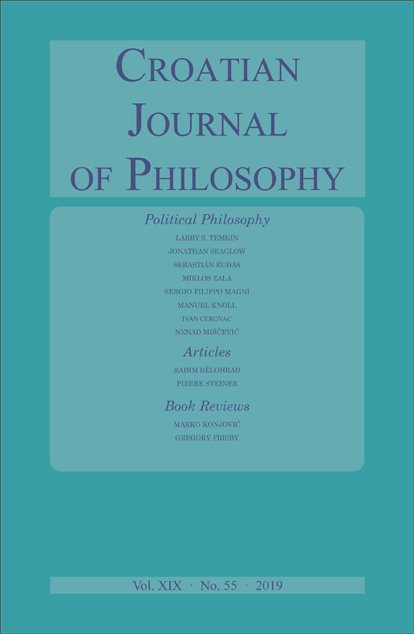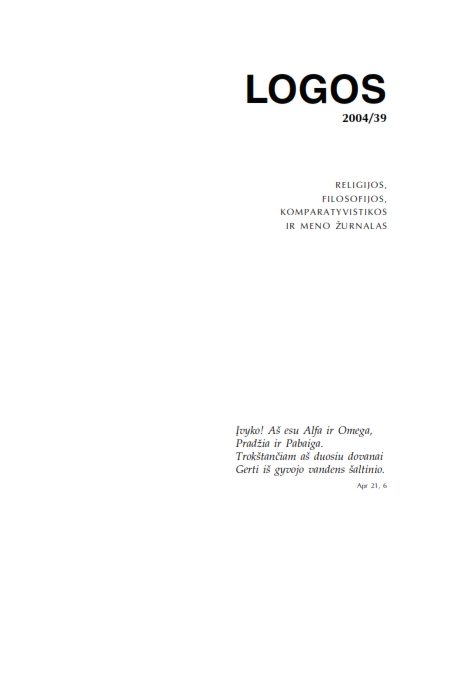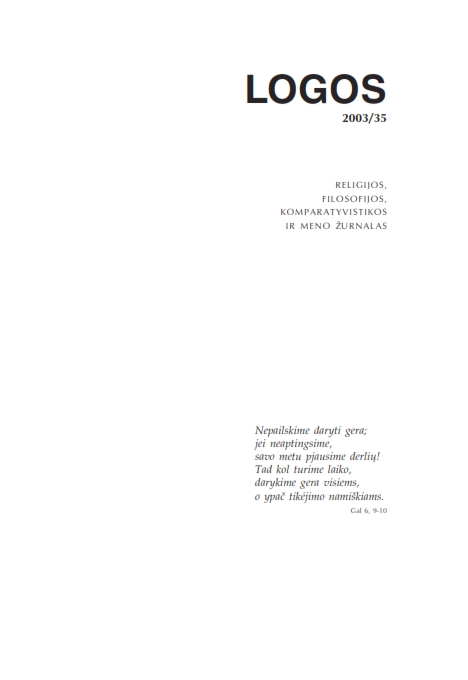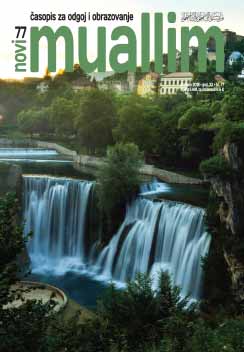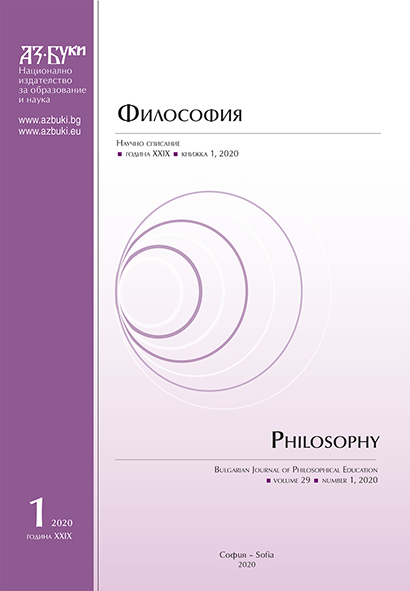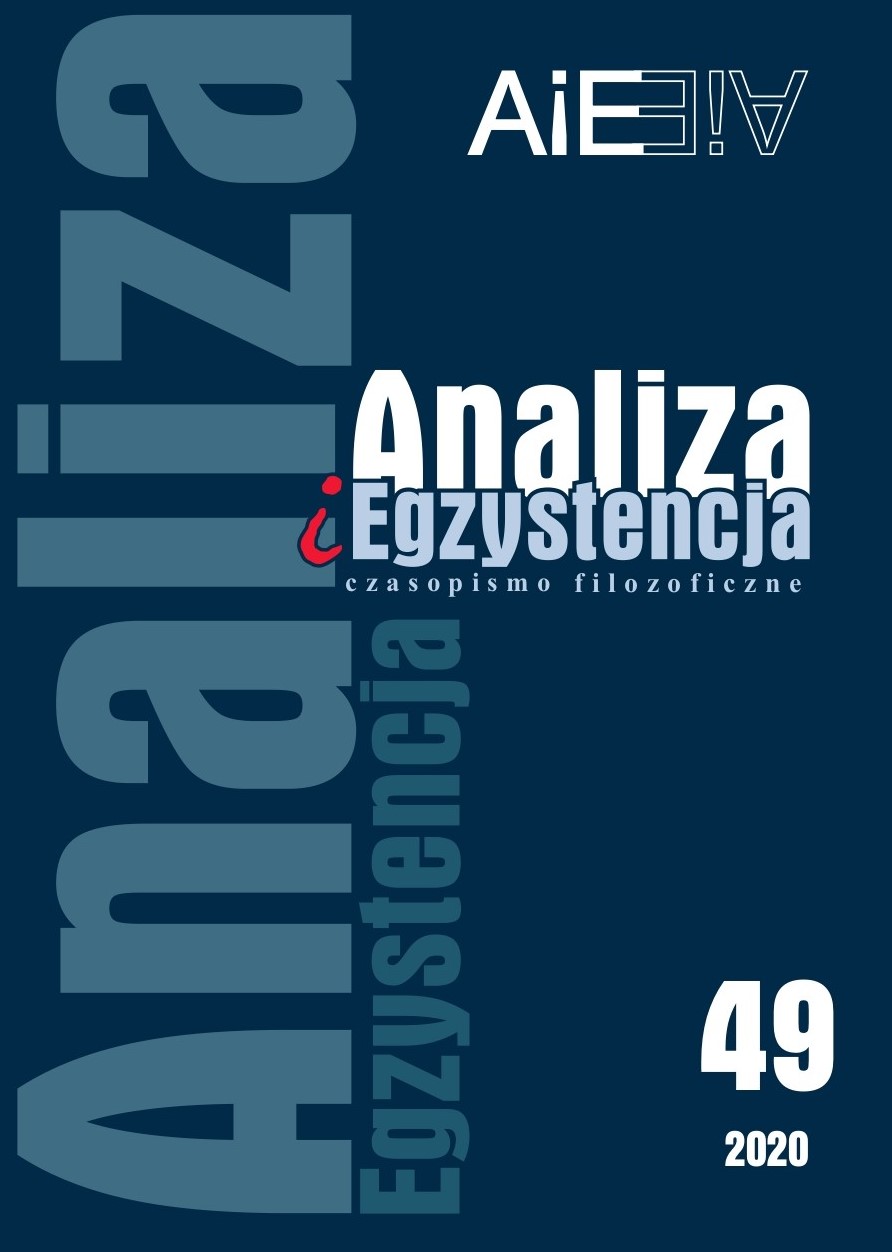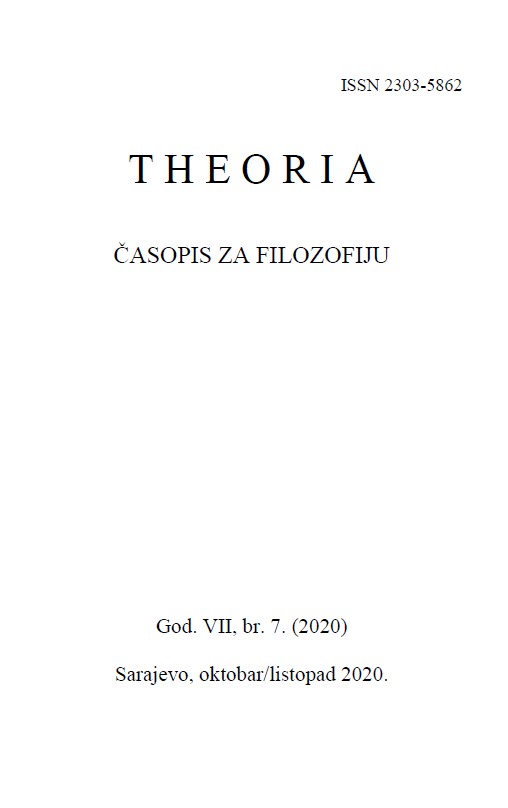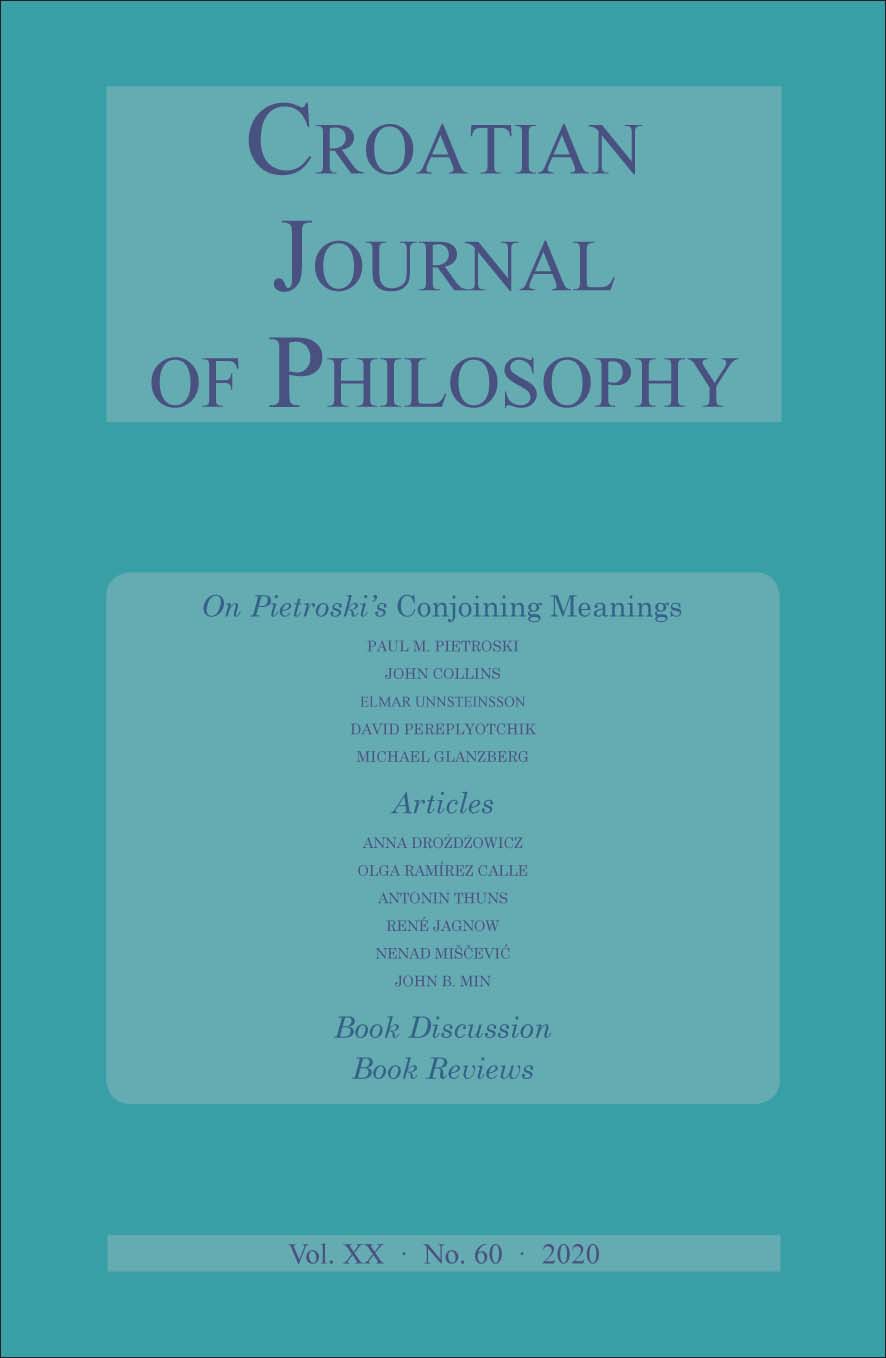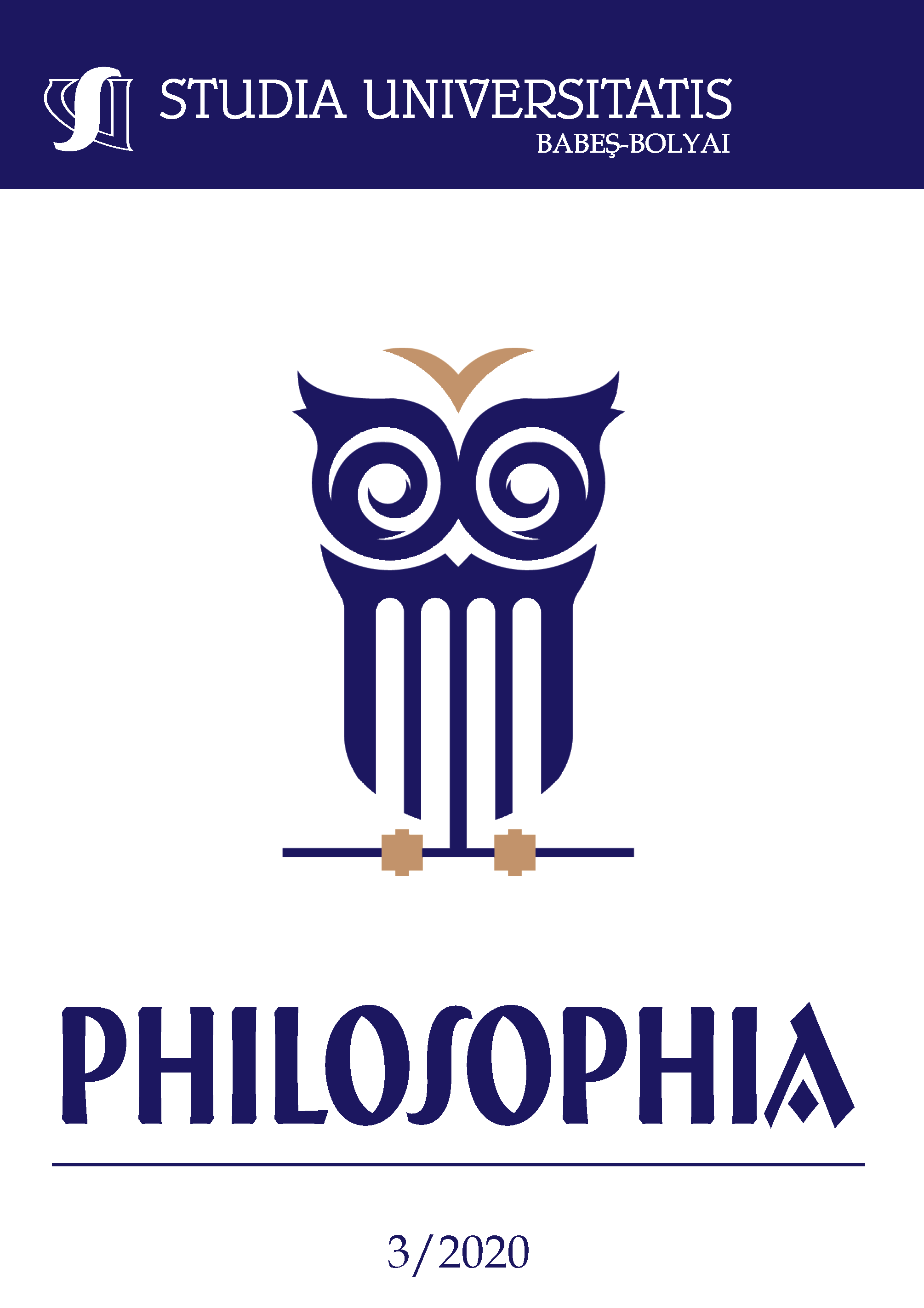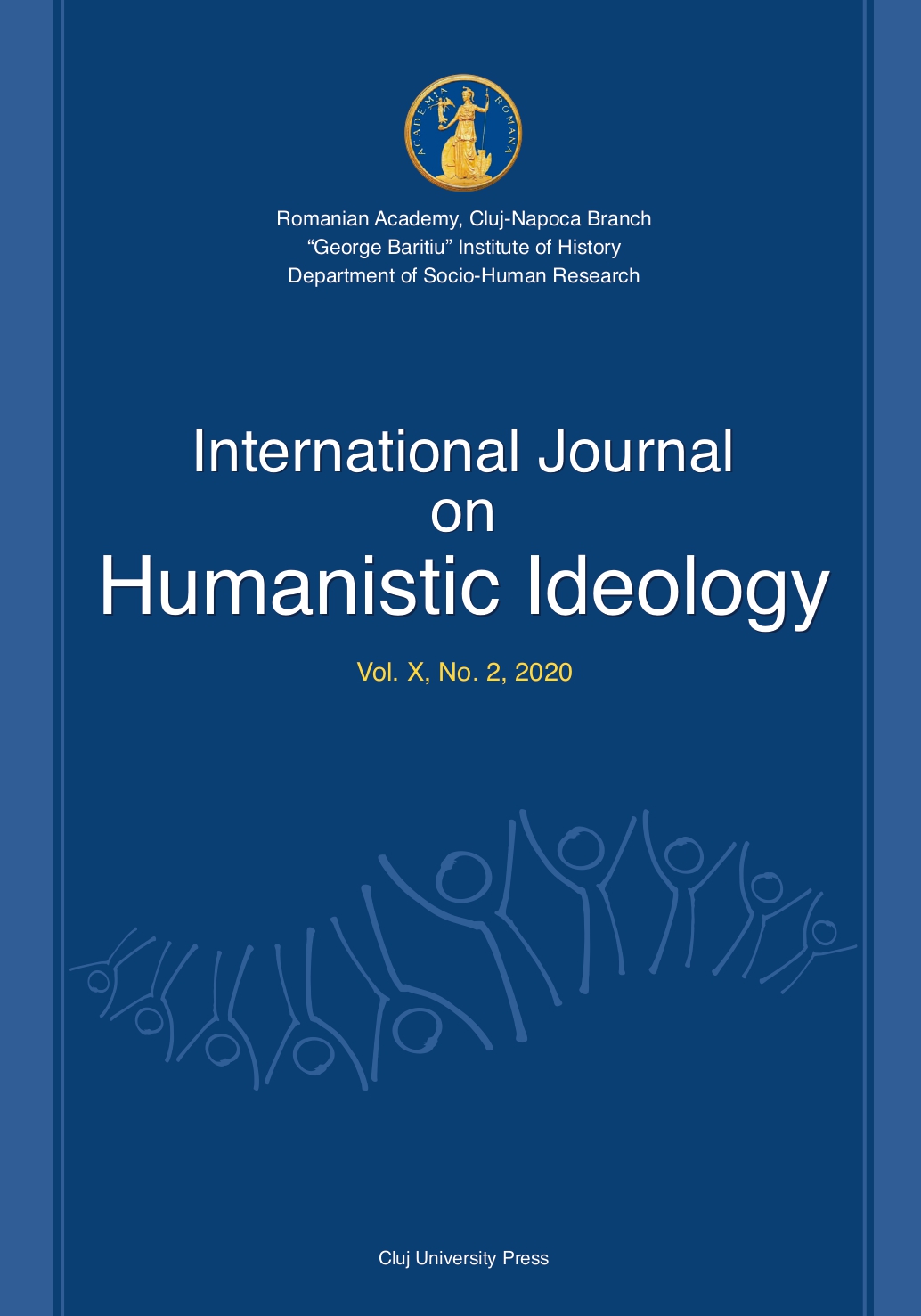Author(s): Daniel Roland Sobota / Language(s): English
Issue: 49/2020
In his phenomenological manifesto (1911), Edmund Husserl presents the famous motto, which should be realized by the new philosophy: “Weg mit den hohlen Wortanalysen. Die Sachen selbst wir müssen befragen. […] Ganz trefflich! Aber was sind denn die Sachen […]?” Consequently, the history of phenomenology is presented as the sum of the efforts to reach the deeper level and more fundamental areas of the original “Sachen”. Husserl’s discovery of the domain of pure consciousness was only the beginning of a long way leading to more original areas, such as life, existence, body, intersubjectivity, historicity, humanity, etc. With this journey towards deeper fields of sense-constitution, the meaning of the phenomenological method was changed. Phenomenology cannot be a simple work of a lonely soul looking for self-transparency in the field of its own consciousness, but it must be a kind of action, a deed, an existential transformation, and an increase of experience. In my paper I would like to explore structural similarities between phenomenology and the theatrical practice of Polish theater reformer Jerzy Grotowski (1933–1999). Although he was neither a phenomenologist, nor a philosopher, in his notes on the human performance, collected and entitled Toward a Poor Theater, he presents a method of creating and conceiving of theatrical action which is marked with motivations, structure and process similar to what representatives of the phenomenological movement actually realize. In other words, between the works by Grotowski and representatives of the phenomenological movement, there are many analogies that the present paper purports to uncover and systematically illuminate.
More...
